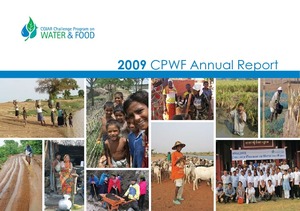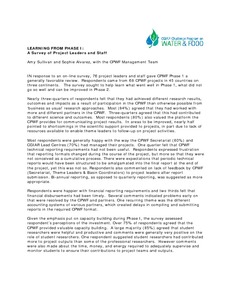Climate change impacts and adaptation in Nepal
The impact of climate change (CC) on water resources is likely to affect agricultural systems and food security. This is especially true for Nepal, a least developed country, where a high percentage of the population is dependent on agriculture for its livelihoods. It is thus crucial for Nepal?s leaders and resource managers to draft and begin implementing national adaptation plans.



